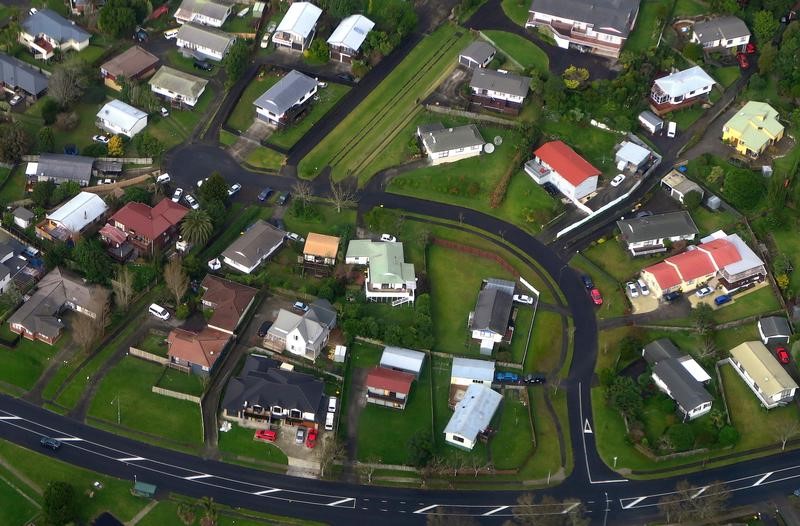HK-listed gold stocks jump as US economic fears boost bullion prices
(Bloomberg) -- New Zealand is bracing for the coronavirus to hit its tourism industry and dent economic growth.
The isolated South Pacific nation may suffer a bigger economic impact than others because tourism is its largest export earner and China, the source of the outbreak, accounts for about 10% of foreign visitors. It is also vulnerable to slowdowns in major trading partners in Asia. The government on Monday followed other countries in imposing a ban on travelers from China, which is initially set to remain in place for two weeks.
“The economic costs to New Zealand will arise not from the virus itself, but from the measures taken globally to try to contain it,” said Dominick Stephens, chief New Zealand economist at Westpac in Auckland. “On top of the direct impact of restricted travel, the New Zealand economy will also face second-round effects such as reduced spending by furloughed tourism workers, and the GDP impact from disrupted goods exports.”
While the central bank is expected to hold its official cash rate at 1% on Feb. 12, investors are increasing bets on another cut later this year. The chance of a cut to 0.75% by the end of 2020 rose to 63% today from 37% a week ago, swaps data show.
New Zealand’s currency has dropped 4.1% so far this year while stocks directly exposed to tourism such as Air New Zealand Ltd., Tourism Holdings Ltd. and Auckland International Airport Ltd. have plunged.
The ban on travelers coming from or through China will initially cost the tourism industry about NZ$100 million ($65 million), according to Tourism Industry Aotearoa, which represents tourist operators.
“It means somewhere around 20,000 visitors now not coming in the next fortnight” and “the average Chinese visitor spends NZ$4,700 on their stay in New Zealand,” TIA Chief Executive Chris Roberts told Radio New Zealand. “I’m sure most businesses can manage with this fortnight period, but the uncertainty is what might happen after that, how long might this go on. The longer this lasts, the bigger the economic impact will be.”
Export Exposure
Westpac economists estimate the travel ban will shave 0.4 of a percentage point off quarterly growth if it lasts two months. The SARS epidemic in 2003, which had a small and temporary impact on New Zealand growth, may not be a good indicator of what to expect, they said in a research note.
“New Zealand’s exports are more heavily concentrated toward the affected countries than they were during the SARS outbreak,” they said. “In 2003 only 5% of our exports went to mainland China and 2% to Hong Kong; more broadly, 23% went to Asia ex-Japan. Today, 28% of our exports go to China alone, and 48% go to Asia ex-Japan.”
New Zealand’s Treasury department said the coronavirus poses a new risk to the economic outlook but the impact on trade and tourism is difficult to gauge.
While it is too early to tell for sure, “the relatively quick and substantial Chinese and global response to the new virus should help to minimize the economic impact,” it said in its Monthly Economic Indicators report earlier Monday.
